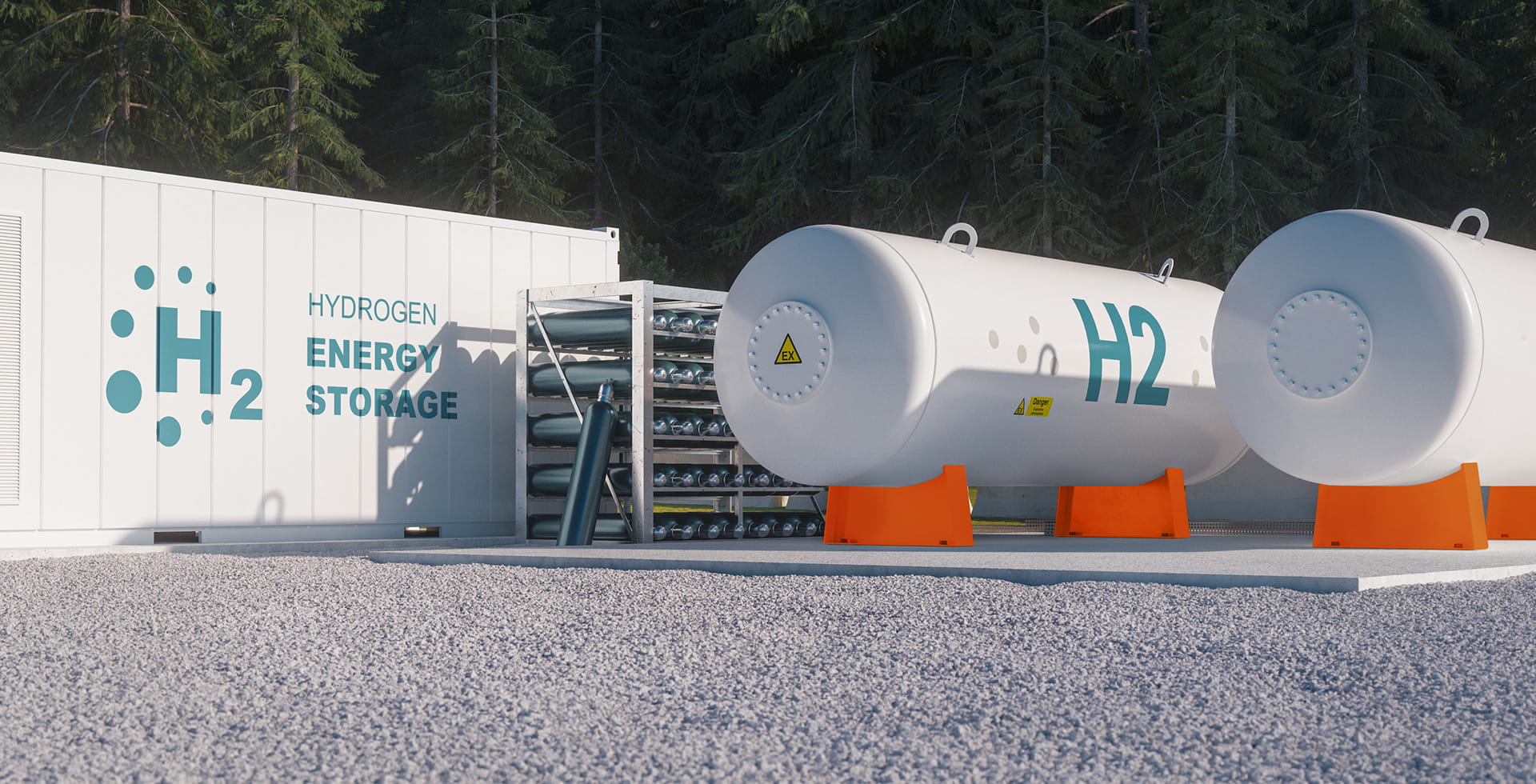Investing for a sustainable future

Summary
The United Nations Sustainable Development Goals (SDGs) reflect a global consensus on the most urgent environmental and societal issues. A new crop of investments built around the SDGs are helping investors to direct capital into potential growth companies, while also addressing the biggest issues facing the planet.
Key takeaways
|
This year’s market turmoil has illustrated what can happen when the markets are suddenly faced with a risk for which they are unprepared. It is also a reminder that uncertainty is disruptive for businesses and investors alike, and that risk management is paramount in the pursuit of long-term goals.
In fact, this is one of the key tenets of the concept of sustainability, which informs many aspects of life today – from influencing individuals’ lifestyle choices to shaping corporate policy. The political world is focused on sustainability as well, with new policies and regulations aimed at environmental issues and social concerns. And in the financial realm, younger investors increasingly expect their investments to generate a tangible societal or environmental outcome as well as financial returns. That’s where new investments aligned with the United Nation’s Sustainable Development Goals (SDGs) can play a role.
The SDGs are a list of 17 UN-defined goals with 169 underlying targets, addressing global challenges related to society and the environment, including zero hunger, affordable and clean energy, decent work and economic growth, and reduced inequality. When identifying the SDGs, the UN quantified how much investment was needed to meet these goals, highlighting the role of private capital in this process. Recognising the importance of the SDGs – and their resonance for investors – we are building out a category of investments aligned with these goals.
Building investments focused on SDG themes
In creating our SDG-related strategies we have adopted a thematic approach, identifying a specific outcome targeted by one or more of the SDGs for each theme, and using our investment process to group companies who are contributing to the attainment of these targets with a solution. This approach to SDG investing also allows investors to tap into specific, tangible themes – such as financing sustainable energy or food security solutions.
While each company that we consider eligible for an SDG strategy has a clear role to play in achieving the relevant SDG, the exact extent of its contribution to the UN goal can be difficult to quantify. That makes a thorough, qualitative research process essential. Our global thematic research team uses different angles to assess how much each potential investee company contributes to the respective SDG. This research is further supported by structured dialogue between analysts around the world, including those working outside of specialist ESG teams.
Given the global focus on the UN goals, companies that directly support them are likely to benefit from increased interest and growth, and may represent a strong investment case. We rank the selected companies according to the extent to which we believe they are contributing towards the SDG’s attainment. We then weight our portfolios towards the companies with the highest SDG rankings – the ones we believe are making the greatest contributions. We also apply ESG screening during the investment process to eliminate any companies we consider to have poor ESG practices in their broader business.
How do SDG themes differ from existing impact strategies?
With their focus on a specific real-world outcomes, SDG investments share some similarities with so-called impact investing, which has grown in popularity in recent years – yet there are crucial differences.
Impact investing is characterised by its ability to measure and monitor the social and environmental performance and progress of its underlying investments, which are often tied to a “real asset” – such as a major infrastructure project. These are usually, but not exclusively, accessed through private markets; green bonds are one example of impact investing in public markets. In other words, impact strategies have a clear and quantifiable causal connection between the investment they make and the resulting impact. By contrast, SDG strategies will likely invest in the shares of companies that facilitate progress towards the achievement of an SDG, but the extent of their contribution – and their precise role – may be difficult to measure in a single standard indicator. Investments within a strategy focused on providing clean water may range from water supply companies to manufacturers of filtration systems, and thus create a wide range of positive outcomes.
Finally, while the characteristics of traditional impact investments are usually more appealing to institutional investors, equity SDG strategies hold liquid investments – typically listed stocks and shares – which makes them accessible for a larger audience. We also expect the more liquid assets within SDG strategies to appeal to any institutional investors who are looking for a robust investment process identifying companies that are contributing to and enabling positive change.
The future for SDG strategies
Investment strategies aligned with SDGs are a growing area, but we see them as just one way that asset managers are responding to broad demand for sustainable investments. This demand comes from investors who acknowledge that companies at the frontier of developing real-world solutions – that are also responsibly and sustainably managed themselves – might also be attractive from a return perspective.
The asset management industry is only at the beginning of mining the SDGs for investment ideas. We expect the offerings to expand, helping investors to direct capital into potential growth companies, while also addressing the biggest issues facing the planet.
 |
About the United Nations Sustainable Development Goals The United Nations Sustainable Development Goals are 17 goals that were adopted by all United Nations Member States in 2015 as part of the 2030 Agenda for Sustainable Development, which set out a 15-year plan to achieve the goals. The UN SDGs address a range of social needs, including education, health, social protection and job opportunities, while tackling climate change and environmental protection. They serve as a framework to promote prosperity while protecting the planet to achieve a better and more sustainable future for all. |
Fuelling innovation: how hydrogen can support the shift to renewables

Summary
One of the biggest challenges as the world seeks to transition away from fossil fuels for energy production is how to store the power generated from renewable sources. Renewable energy such as wind and solar power needs to be stored in reliable ways to compensate for its intermittent supply. Hydrogen could be a key part of the answer, creating a boom in innovation around this technology.
Key takeaways:
- Hydrogen, which can be produced through the electrolysis of water, is set to be a critical part of the solution to transitioning away from the world’s reliance on fossil fuels
- Renewable-energy generation can be intermittent – because it relies on factors such as the weather – and hydrogen’s chemical make-up helps store this energy for when it is needed
- While many challenges must be overcome before hydrogen is widely adopted – including answering questions over its efficiency – it could provide significant investment opportunities as a transformative technology









